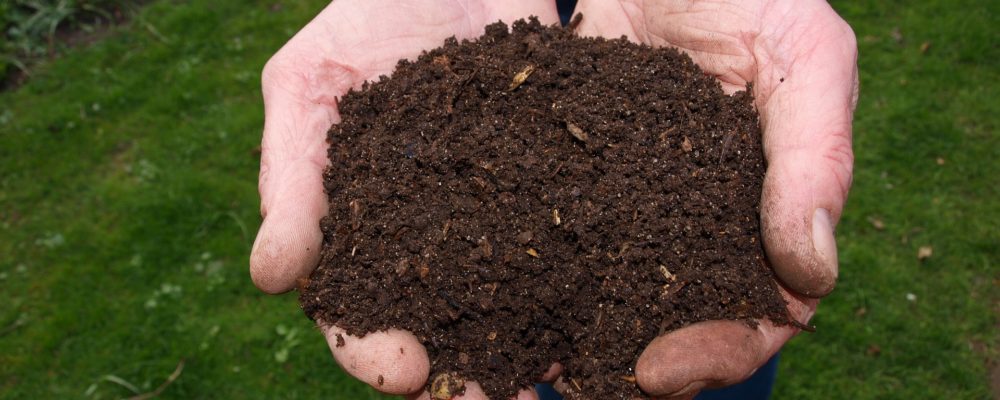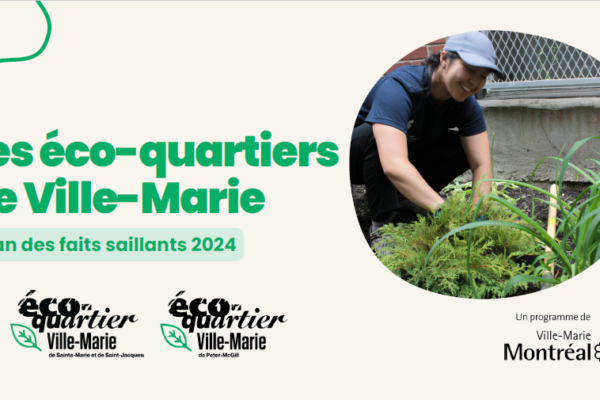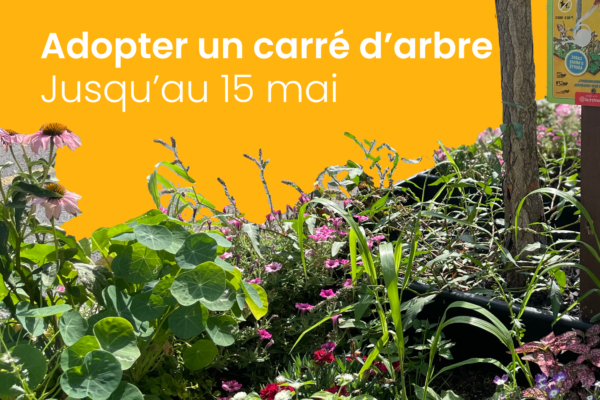An10 REASONS WHY YOU SHOULD COMPOST
1.) COMPOSTING TURNS WASTE INTO A TREASURE
Compost turns many things considered “trash” into nutrients for soil and plants.
2.) COMPOSTING STRENGTHENS SOIL
Compost helps improve soil’s composition. It increases the soil nutrient content and improves sandy soil’s moisture retention, making it more absorbent. In addition compost provides better drainage and aeration in clay soils.
3.) COMPOSTING HELPS TO GROW HEALTHY PLANTS
Compost increases soil’s life diversity, therefore promoting a healthier plant growth. Healthier plants are less sensitive to pests, bad weather and any other natural “threat.”
4.) COMPOSTING TAKES AWAY THE “NEED” OF CHEMICALS
In the short-term, compost quickly meets the plant important needs, which means it can be a good substitute for synthetic fertilizers. Furthermore, compost acts like a long-lasting fertilizer as it adds organic compounds and improves soil’s health by doing so.
5.) COMPOSTING DIVERTS WASTE FROM LANDFILLS
If everyone started composting, we could divert millions of tons worth food waste from landfills each year. As a matter of fact, Quebecers are amongst the world’s biggest waste producers. Organic matter alone represents 40% of the total waste volume, approximately 675 kilograms (or 1500 pounds) for a family of four. Now, imagine if everybody compost across the country.
6.) COMPOSTING MAKES YOU SAVE THE GARBAGE COLLECTION SERVICE MONEY
Garbage pick-up is expensive. Municipalities pay for it, so indirectly it is its citizens. If you would like to pay less taxes, compost your food waste and spread the word. It can also be a great worthwhile choice if you are the owner of a company or a restaurant. Think about it!
7.) COMPOSTING PRESERVES WATER
Compost keeps plants’ root system healthy and strong, which improves soil moisture retention and reduces water runoff. On the other hand, on landfills water coming from organic decomposition flows down, taking all the organic and minerals compounds from all the waste there. To make matters worse, there is rainwater. The rainwater seeps through, loading itself with the acids coming from organic decomposition. The result of this combination is called leachate. Soils and groundwater surrounding landfills can be polluted by leachate.
.
8.) COMPOSTING PRODUCES NUTRIENT-RICH FOODS
Plants grown in a healthy and nutrient-rich soil tend to have a higher nutrient level than their counterparts grown in industrial soils.
(Source: http://www.harvestpower.com/products/soil-products/benefit/)
9.) COMPOSTING IS SIMPLE!
The hardest part is just starting to compost! Everything you really need is just food waste.
No matter whether you live in an apartment or in a house, there’s a solution for everyone who doesn’t have access of as outdoor space. In fact, you can compost even indoors by implementing the vermicomposting. You’ll just need a little space to put a bin, which serves as habitat for the worms (Eisenia foetida). If you don’t want the worms in your house, you can use shared composters for your household food residues. These community composters in public spaces, set in place by the borough of Ville-Marie in collaboration with the éco-quartier of Peter-McGill, serve the simple goal of producing compost and reduce waste.
10.) COMPOSTING IS FUN!
Incorporating practices like composting on our daily lives is a wonderful way of spending more time outdoors, being more responsible about our food consumption ways and cooperating as a family.
If you have not composted yet, please feel free to contact the éco-quartier of Peter-McGill!
We host training session on how to get started with vermicomposting. We are also making our residents more aware of the proper use of the brown bin. And we sell garden composters if you want to try on your own yard. Finally, you can subscribe to one of our borough community composters.
Don’t wait any longer!




